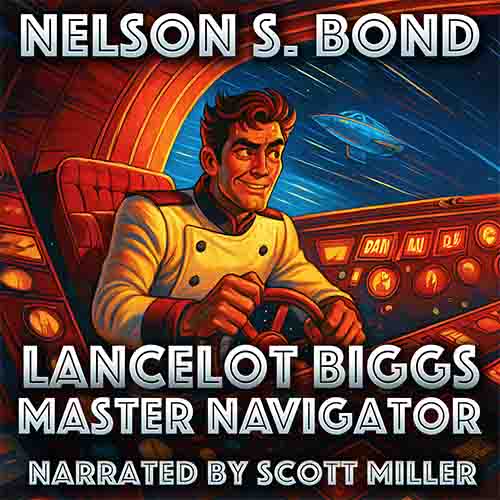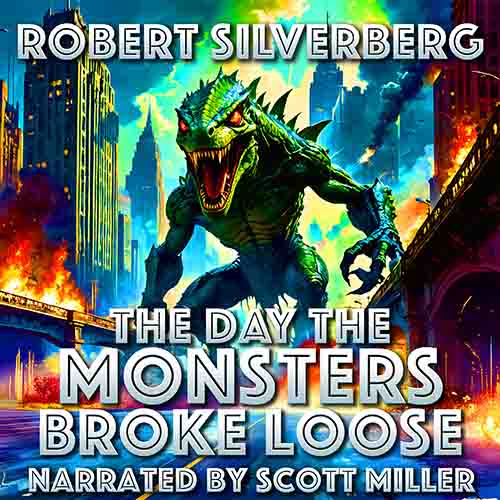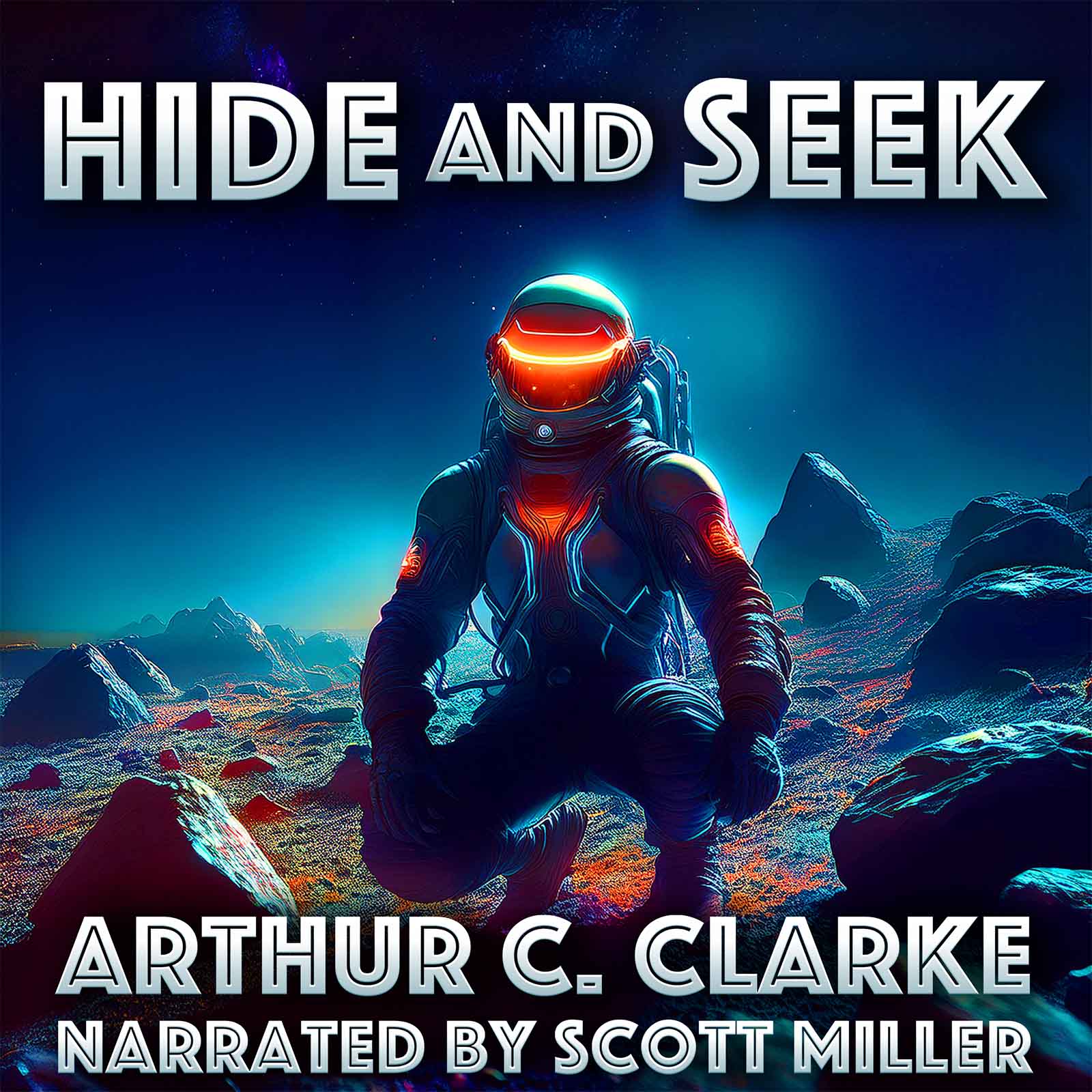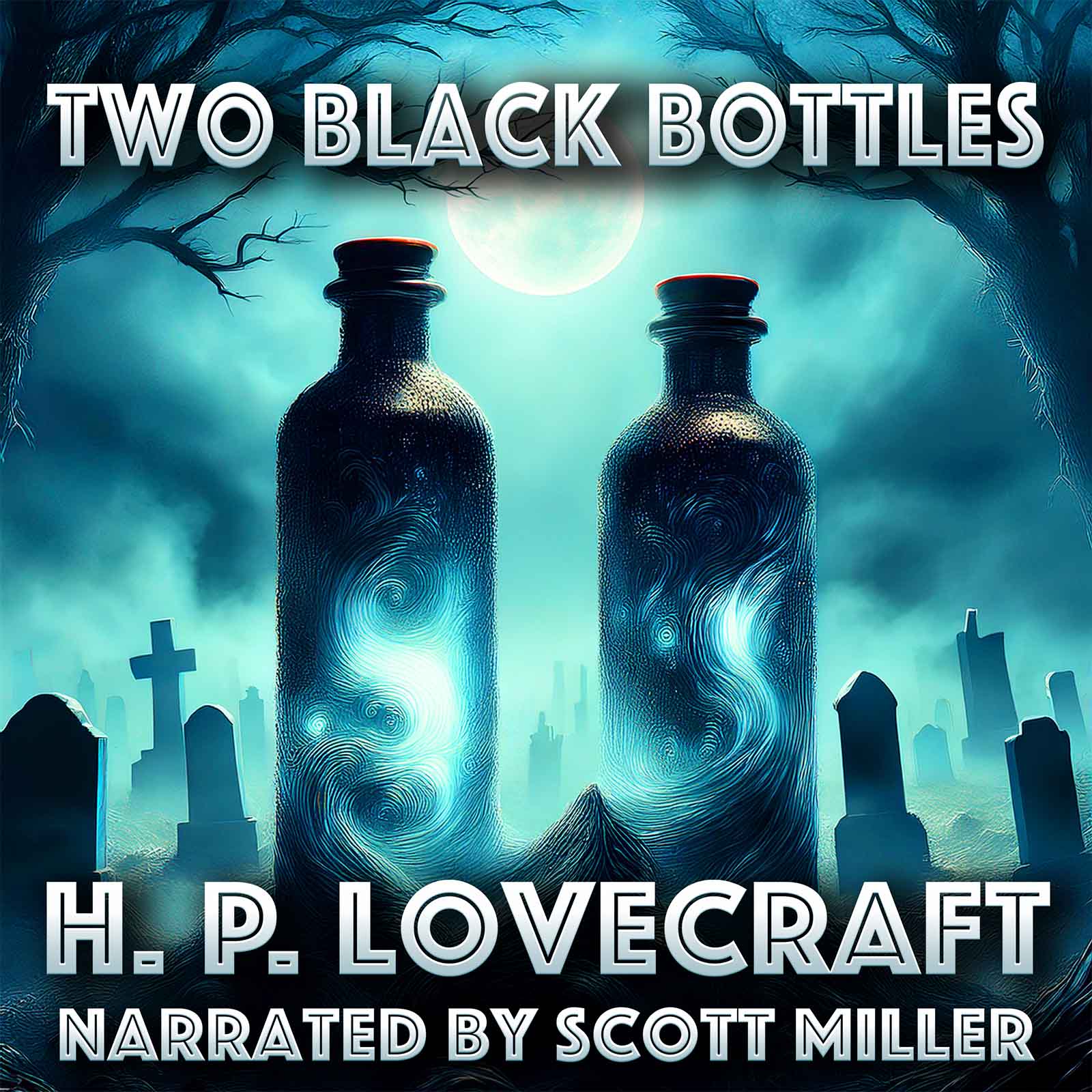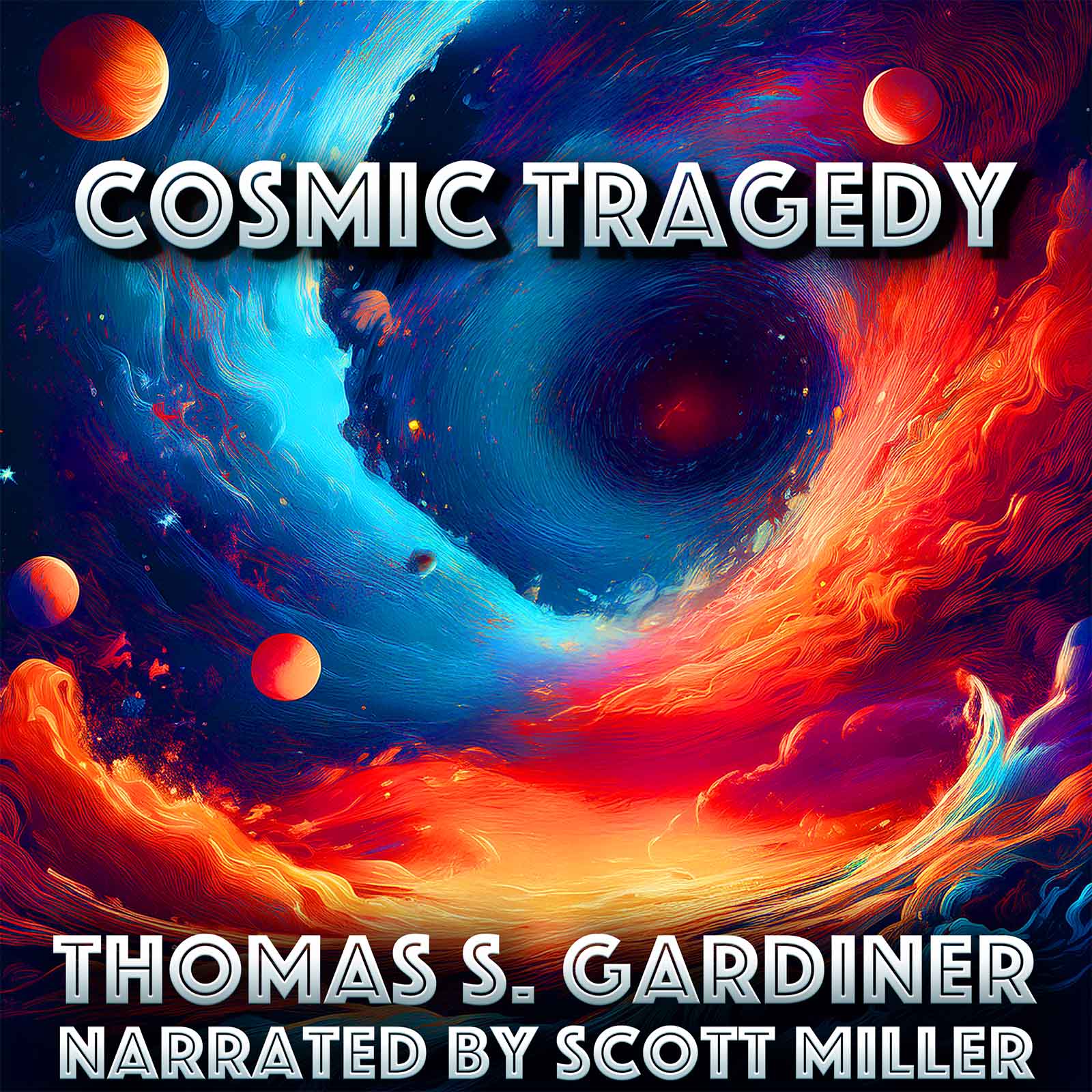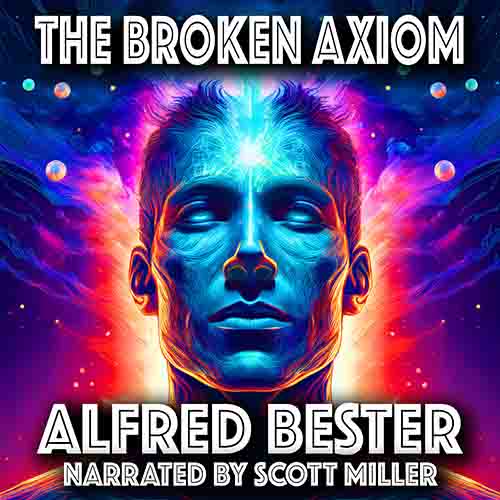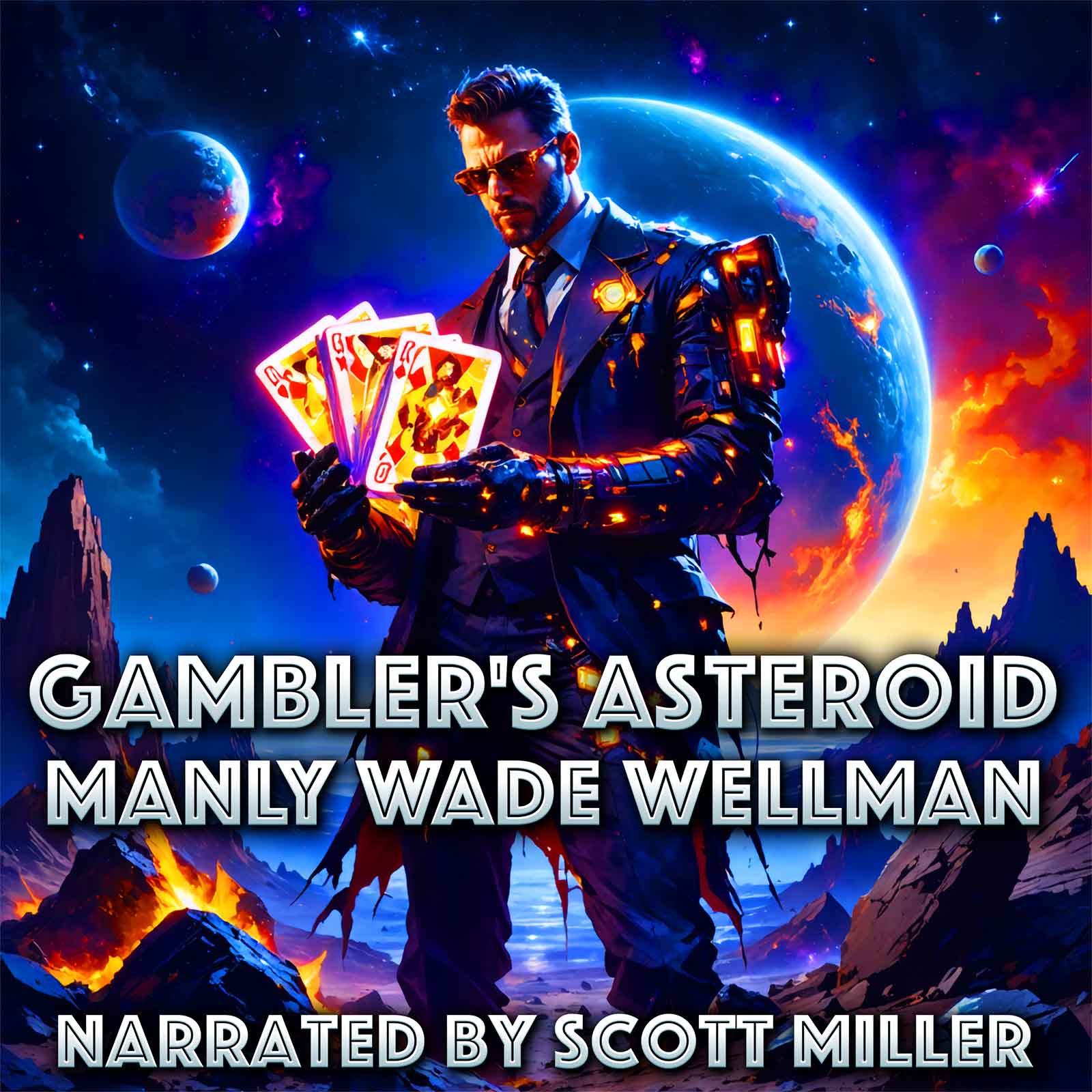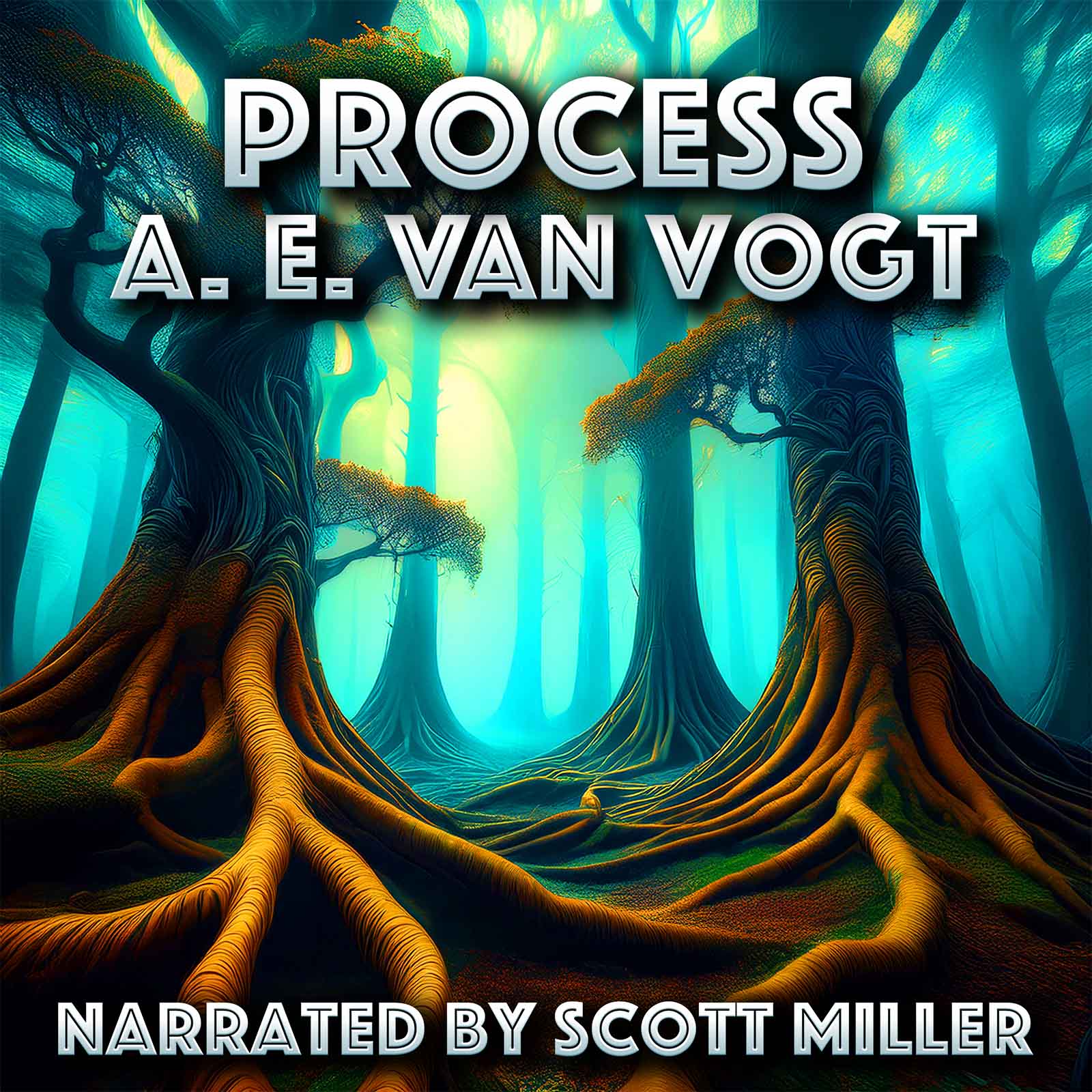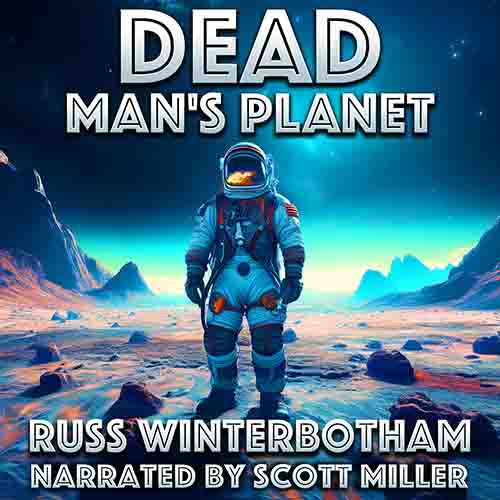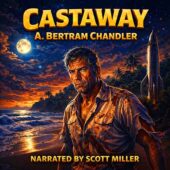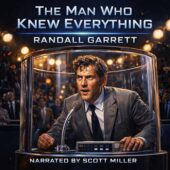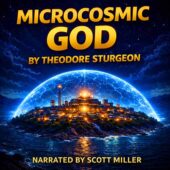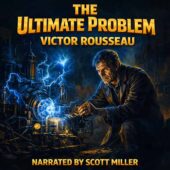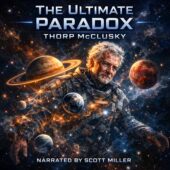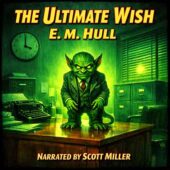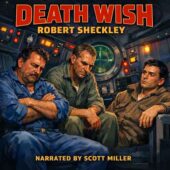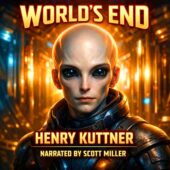J. F. Bone
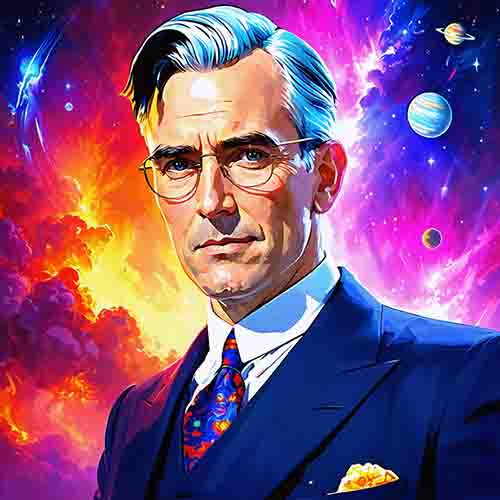
Biography
Jesse Franklin Bone (1916–2006) was an American science fiction writer whose career as a veterinarian shaped much of his fiction. Best remembered for a handful of sharp, idea-driven short stories published in the 1940s–1960s, Bone combined medical knowledge with speculative imagination, producing tales that blended science, satire, and social commentary. Though not as prolific as many of his contemporaries, his work stood out in the magazines of his day for its crisp style and scientific grounding.
Born in Toronto, Canada, Bone later moved to the United States, where he earned his degree. He served in the U. S. Army during World War II, an experience that gave him firsthand knowledge of both human resilience and vulnerability. His dual life as veterinarian and author made him part of a small but significant group of professional scientists and doctors who wrote science fiction, bringing technical credibility to the genre at a time when it was still establishing itself as “the literature of ideas.”
Bone began publishing in the Golden Age of Science Fiction, with his first major story, “Triggerman”, appearing in Future Science Fiction in 1941. His early fiction showed a fascination with biology, evolution, and medicine. He often imagined alien ecologies, strange diseases, or ethical dilemmas rooted in science. In an era when many science fiction tales centered on rockets and interplanetary war, Bone’s focus on life sciences gave his stories a unique texture.
One of his most famous works is “Blessed Are the Meek” (1951), published in Fantastic Universe. In this short, satirical piece, human colonists are shocked when the native inhabitants of an alien world inherit it after humans exploit and destroy themselves. Its biting irony and moral edge made it one of the most anthologized science fiction shorts of the 1950s. Stories like this reflected Bone’s belief that speculative fiction could act as a mirror, revealing human folly through alien eyes.
Bone’s “Subject to Change” (1953) and “Assassin” (1960) further revealed his talent for compact, ironic storytelling. “Assassin” in particular has been singled out as one of his finest achievements: it imagines a society in which assassination is legal and regulated, forcing readers to question morality, law, and cultural norms. The story’s sharp social satire and moral ambiguity made it memorable long after its first magazine publication.
In addition to fiction, Bone contributed essays and reviews, displaying the thoughtful, analytical mind of a scientist as well as a storyteller. His fiction was never voluminous—he wrote fewer than two dozen science fiction stories—but the quality of his best work earned him lasting respect among fans and anthologists. His stories appeared in magazines such as Fantastic Universe, Galaxy, Analog, and If, placing him alongside many of the great names of mid-century science fiction.
Bone was also included in some of the field’s most important anthologies. Stories like “Blessed Are the Meek” and “Assassin” appeared in collections that introduced new generations to his work, ensuring that his name remained familiar to readers of classic short-form science fiction. His medical expertise lent authority to his explorations of genetic engineering, alien physiology, and ethical questions of science, decades before such topics became commonplace.
Outside of writing, Bone enjoyed a long and distinguished career in medicine. He practiced in Oregon and became a well-known figure in his community, balancing the demands of science and art throughout his life. He occasionally returned to writing, particularly in the 1960s, when the field’s increasing interest in social issues and “soft sciences” dovetailed with his interests.
Though Bone never wrote a major novel and remained a “short story man,” his influence is reflected in the endurance of his best work. His stories exemplify the strength of mid-century short science fiction: tightly written, idea-driven, morally complex, and perfectly suited to the digest magazines that defined the era.
Jesse Franklin Bone passed away in 2006 at the age of 90, leaving behind a modest but memorable body of speculative fiction.


